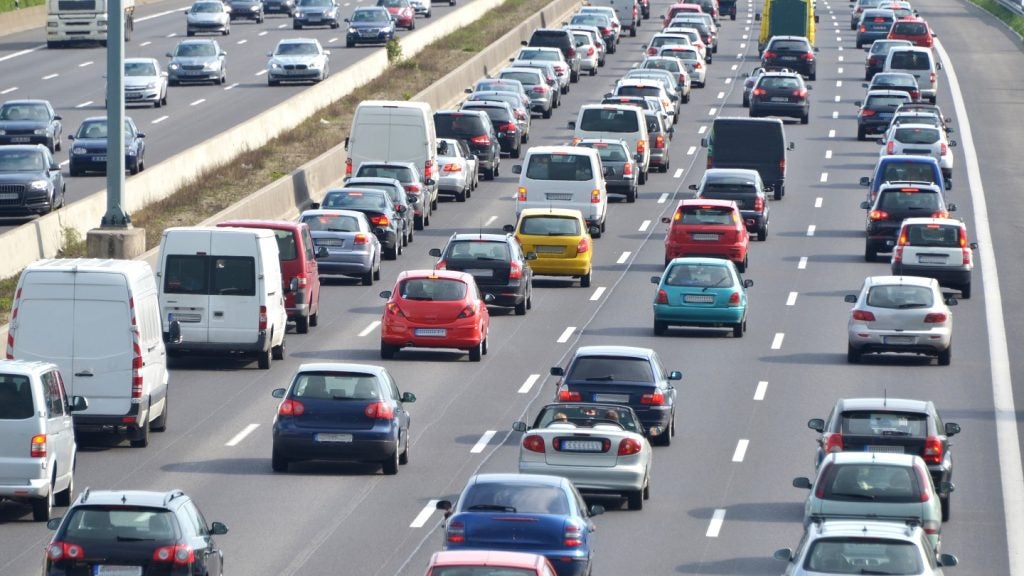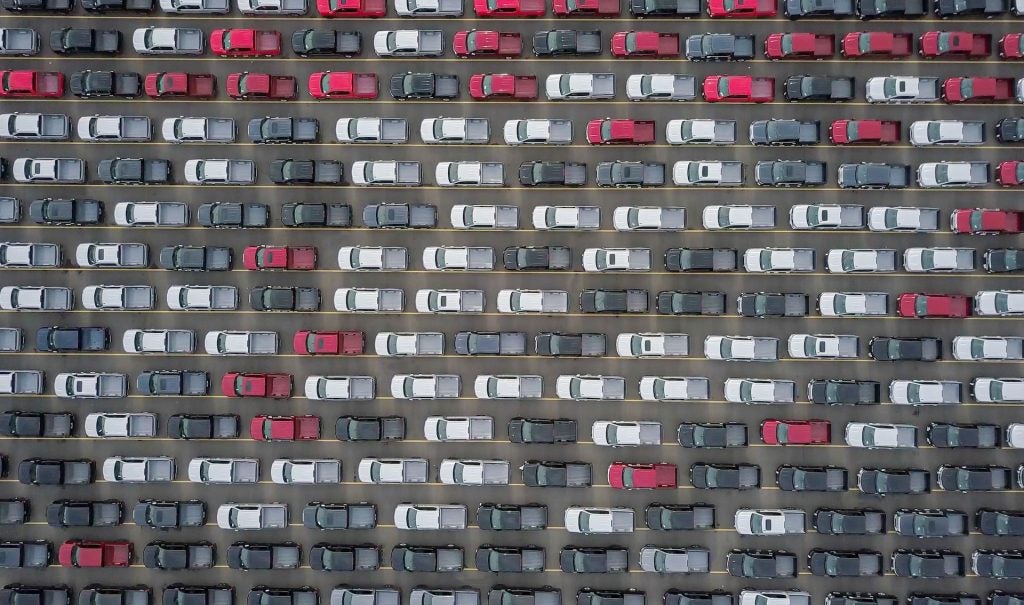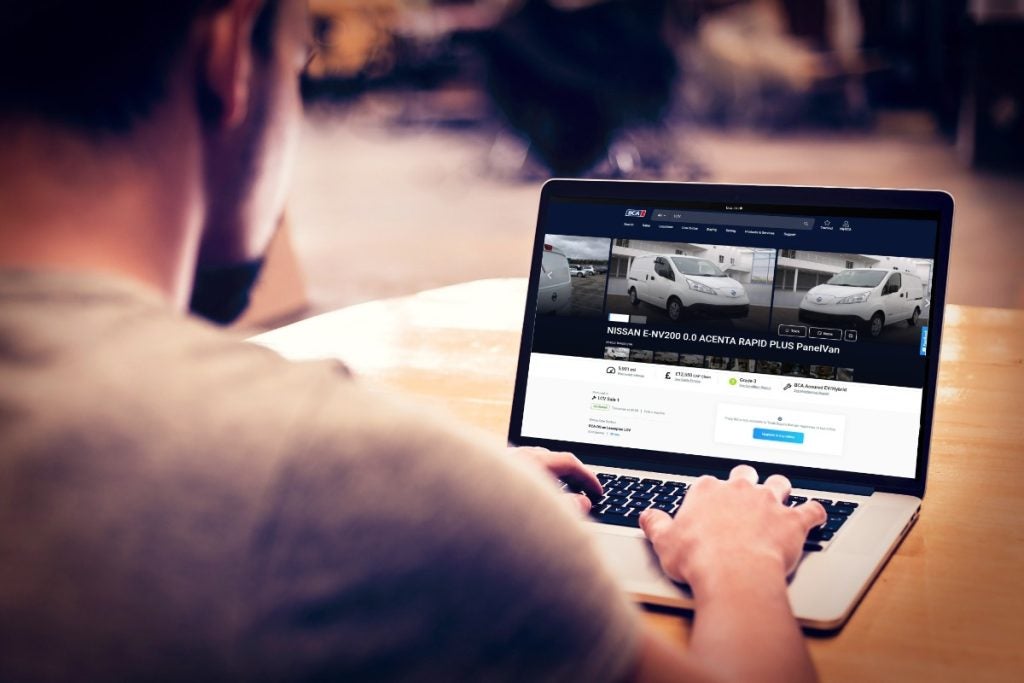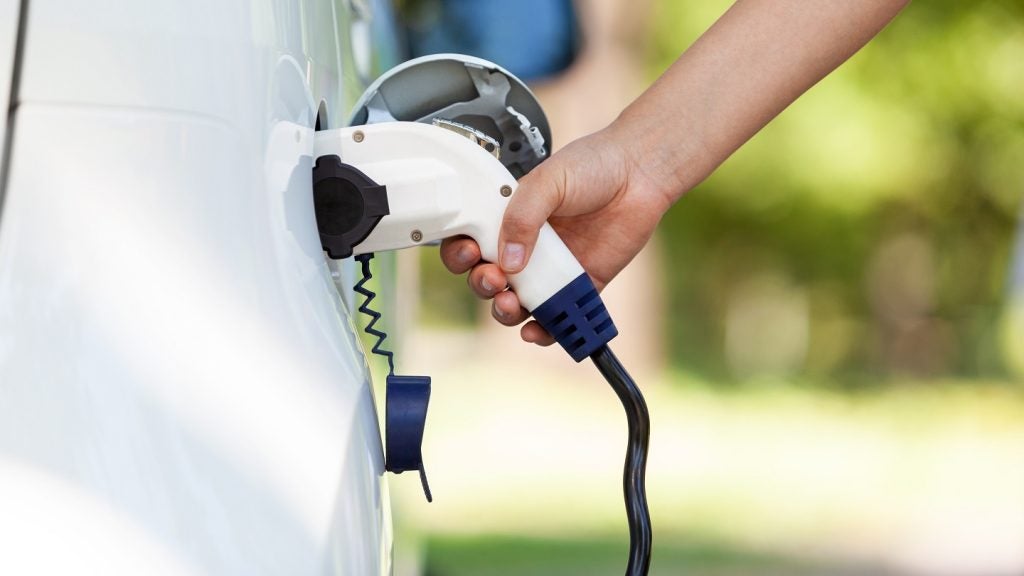Has lockdown made consumers view car ownership in a new light? And how might their practices and priorities change after the lockdown loosens?
One of the first retail sectors to be seriously hit by the Covid-19 lockdown was the motor sector- almost overnight suddenly nobody could go to a car showroom, and even if they could there was nowhere else to drive to.
“Consumers went kind of off the grid, starting from the beginning of March,” says James Tew, CEO of iVendi Limited. “The first three weeks of March there was a huge online drop in activity. March saw a major decline and that followed with the lockdown and all trading stopped.”
Even during lockdown, however, interest in car purchases never truly went away.
“Throughout lockdown, we saw a huge increase in searches on-site, indicating that customers will be more researched than ever before about what they want,” says Karen Hilton, Chief Commercial Officer at heycar.
“From the week after lockdown, we saw online activity rising,” Tew agrees. “We saw the vehicle marketplaces and portals picking up the quickest, and they’ve returned now to the levels we were seeing January and February, in some cases a little bit higher. We’ve seen dealer website traffic start to turn in April. The end of the first week of April it started to move up and now we’re at a level still below January and February, albeit I would say running around 85% of January and February levels.”
How well do you really know your competitors?
Access the most comprehensive Company Profiles on the market, powered by GlobalData. Save hours of research. Gain competitive edge.

Thank you!
Your download email will arrive shortly
Not ready to buy yet? Download a free sample
We are confident about the unique quality of our Company Profiles. However, we want you to make the most beneficial decision for your business, so we offer a free sample that you can download by submitting the below form
By GlobalDataThis has also been reflected among dealers, who have shifted from limited their work to the bare essentials to finding new ways of working.
“Dealers were looking initially to only support essential works and as the month progressed and they realised they could operate with different collection models we’ve seen activity increase,” Tew says. “If we were to have a look at levels now, we’ve actually seen a spike in activity from Monday.”
Tew also points to an explosion in interest in motor financing.
“When we’re looking at people doing online finance eligibility checks that’s at an all-time high,” he tells us. “Which for a business that operates in digitising the motor finance sector is great news. We have seen a huge spike in the consumer world.”
Tew preaches caution, however, saying that it’s too early to see if the spike is just pent-up demand that will drop back, although the rise in online finance applications is impressive.
“We’re only a few days into the first week back,” he reminds us. “Payment transactions are still behind the norm, if applications are going in Monday you have a turnaround of a week. We’d expect those to kick in next week or at the weekend as people come to take delivery. What we’re hearing is they’re unfurloughing staff but haven’t unfurloughed everybody. They’re just seeing what the demand levels are.”
New Post-Lockdown Markets
While that pent-up demand is certainly going to raise the market post-lockdown, the Covid-19 pandemic may also have been creating demand in other ways.
“Those that have missed servicing schedules or have extended their current finance agreements will want to get back on track or secure the purchase of their next car,” Hilton says.
“And let’s not forget life hasn’t stopped completely in lockdown. The most common reasons for buying a car are: new job, new baby, new home. Certainly, the first two of those categories have carried on in lockdown. With increasing calls from the government to travel in cars rather than public transport, the commuter need is likely to continue growing.”
Tew has seen some emerging patterns among the car sales figures he’s seen since the lockdown. While there are bound to be a lot of renewing contracts and replacing older cars, there also seems to be a growing market of first-time buyers.
“My first car is always the cheapest car that I buy, so you can ask if there been an increase in cars below £5,000, and there has been a marginal increase,” he points out.
As well as cars, there are also other vehicles. We’ve reported before that the bikes and scooter market is growing alongside the demand for people working for food delivery apps and similar. A new market of people wanting to avoid public transport could be adding to that.
“We’ve seen a larger proportion of applications for motorbikes. This time last year 5.5% of applications were for motorbikes. Business hasn’t changed significantly, we’re always bringing onboard new dealers, but if we have a look at mid-May this year it’s 10.8% of applications were for motorbikes,” Tew says.
“We’re seeing people who want cheap forms of transport and to social distance, and the cheapest option is motorbikes if you’ve got some distance to travel. We’ve heard anecdotally a lot of people inquiring about licenses for scooters and under cc vehicles.”
It’s not hard to see where that market is coming from.
“Although we’ve all got Zoom-itis and are tired of the various other video conference apps, the thought of jumping on a packed train from Manchester to London, and then having to travel by cab or tube is also unappealing,” Tew says. “What I don’t have a problem with is getting in my own car.”
People may also look to a new car to replace the other recreational treats they are being denied during the lockdown.
“With people stuck at home for three months and holidays cancelled with no clear plan as to when they will resume – a new car could be the post lockdown treat people look for,” Hilton points out. “And with international travel off the cards for the foreseeable future, people are likely to look closer to home for staycation breaks, with cars being the main mode of transportation!”
Cautiously Optimistic
However, while the market is obviously seeing a period of high demand, and there are many reasons for optimism, people in the industry are still advising caution.
“There is all kinds of speculation about the markets that may emerge as we come out of lockdown but very little certainty. For example, there are credible predictions that a new group of buyers are moving out of public transport into cars for commuting, that there is considerable pent-up demand from people who are eager to assert their independence and mobility after being in their homes for a long period of time, even that there will be a wave of more frivolous purchases such as weekend convertibles from people who have not been able to spend their disposable income over recent months,” says Paul Burgess, CEO at Startline Motor Finance.
“There are some signs that all of these things and more might be true. What we don’t know yet is which is of these markets will prove to be important and will have a lasting impact on the shape of the used car market and therefore motor finance in general. That is going to take some months to become apparent.”
Tew is also decidedly cautious in his optimism. He tells us “I don’t think it’s hit home yet the impact of this simply because the furlough payments and loans have covered a multitude of sins, making it easier to get through the problem, but when early autumn kicks in and we get reduced furlough payments and companies realise they can’t sustain it, there could be problems. Good financial planning needs to continue for the remainder of the year.”
Rebuilding Consumer Confidence
Ultimately, a huge factor in this is going to be the confidence of the consumers the market relies on.
“The single most important word to remember is reassurance. The public are going to feel worried and concerned about being back in environments that were closed in lockdown,” Hilton reminds us. “Dealers can help here by making sure all their staff are fully briefed on the Covid measures that are in place and doing everything they can to reassure everyone who walks through the doors that this is a safe place to come, to browse and to buy.”
“Consumer confidence will be the big one from a virus perspective about contact,” Tew agrees. “There are still a lot of people dying from this and the world is getting busier, I can hear more road noise outside the house. I think from a business perspective we want the economy to get going again, from a personal perspective I want my family to be safe, and there comes a point where the economy just has to start shifting.”
It will be the role of dealers and financiers to build that confidence as best they can, creating a safe environment for consumers and staff alike.
“Go above and beyond to reassure the public that showrooms are safe – you can do that with clear signage, floor markings, hand sanitiser and knowledgeable, friendly staff. From being out and about in dealerships this week, it seems that the public are getting, at best, a mixed experience so far. Please don’t act like nothing’s changed, or be too overzealous with customers either,” Hilton says.
“Staff are the best tools that dealerships have to build confidence in the industry back up again. Their tone and manner in allaying any fears that are out there from lockdown will be key to a dealership’s ability to bounce back. So work with them on their knowledge of the changes that have been put in place and how they communicate that to customers. That communication starts before people walk into a showroom.”
Collaboration across dealerships and financiers will be absolutely essential in building that confidence, as will embracing innovative ways of working.
“If dealers can’t sell cars financiers can’t finance anything beyond extending residual values, and they have been busy deferring payments,” Tew says. “If there’s a second wave we’ll end up with showrooms closing and a shift to a click and collect or reserve and collect model. People are starting to use reserve and collect to avoid it looking like a distant sale.”
The “New Normal”
Tew argues that dealers and financiers alike need to prepare, not only for the increased demand they’ll face post-lockdown but for the potential consequences of a second wave.
“Dealers that didn’t have a digital infrastructure in place before lockdown could be forgiven, I don’t think you could be forgiven twice. Are all dealers ready for this? Are they geared up for it?” he asks.
“Lenders are looking at how they can assist dealers and we’ve seen a number of proactive dealers looking around at stocking charges, stocking loans but also supporting the dealer network with online finance portals and application forms. All these things make it easier for the dealer and we are getting a lot of requests in from lenders and dealers about all things digital, how to more digitise the sales journey.”
“Customers can be given video tours of their chosen cars or phone calls to talk through what the showroom experience will be,” Hilton adds. “That way, those people who do walk into the dealership are fully engaged customers.”
“We launched a product called ‘Transact’ during the crisis that enables the dealer to construct a deal in the showroom, include all the add-ons and send the deal to the customer who can look at the finance options on that vehicle and make a choice about which options they want,” Tew tells us. “They can apply online and effectively buy that vehicle online doing click-and-collect or home delivery. We launched that and because we didn’t have the resources to get around to all the dealers we did product videos and we’ve seen a pretty big uptake of that already.”
Hilton also points to the effective solutions dealers have brought to the table in the face of the pandemic, and those changes could persist long after Covid is a memory, explaining that although the situation has been out of our control, dealers have embraced the challenge and shifted well into working online – something they were always wary of before this.
“In the new normal, rather than browse and bargain operations, showrooms could develop into ‘experience centres’ to manage social distancing for staff and customers,” she proposes. “Our dealers have been very open with us about the fact they want to put additional safety measures in place for their customers; including one way systems, appointment booking, and one person test drives – so we could see customers test driving cars without a dealer present.
“We could also see more efficient operations with a move to more booked appointments and the wealth of the UK working from home or adopting a more flexible approach to work, no longer will car buying need to be squeezed into a Saturday afternoon along with the rest of the world!”







